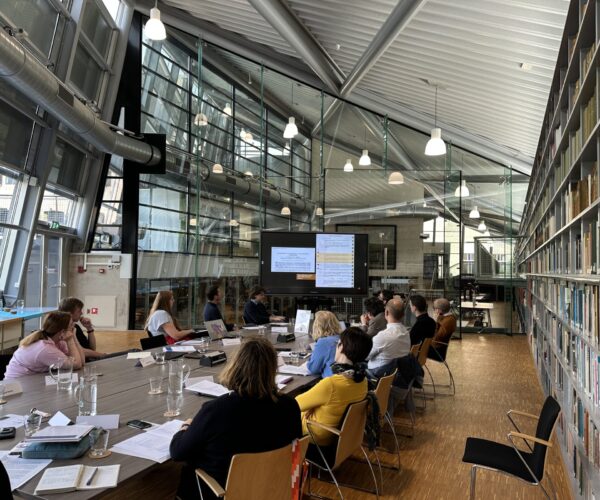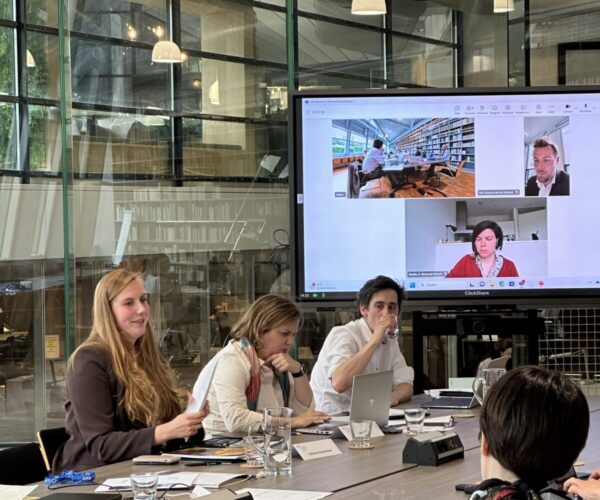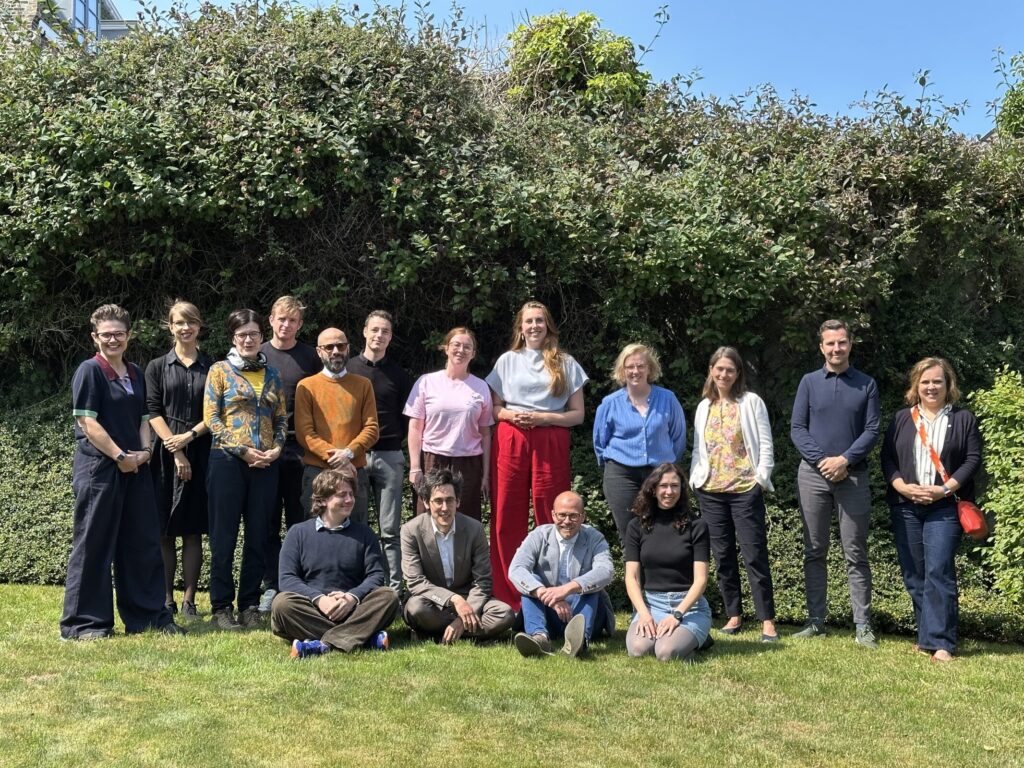
On 5 and 6 June 2025, the RIAS, in collaboration with “Pathways to Sustainability,” one of the strategic themes of Utrecht University, hosted a policy workshop titled “The Montreal Moment: Ozone Depletion and the Rise of International Environmental Governance.” The workshop brought together historians, policy practitioners, and climate governance experts to examine the legacy of the 1987 Montreal Protocol as a pivotal moment in global environmental policy and cooperation.
Framed around the question of how the Montreal Protocol emerged, functioned, and continues to resonate today, the event explored the deeper institutional, diplomatic, and cultural dynamics that underpin environmental governance. By tracing the genealogy of the Montreal Protocol, participants reflected on the shifting narratives of responsibility, leadership, and legitimacy, connecting past environmental successes to the more complex and fragmented climate landscape of today.
The first roundtable focused on contemporary challenges in international climate diplomacy. Policy professionals from the Dutch Ministry of Foreign Affairs, Women Engage for a Common Future (WECF), and the Canadian Embassy in the Netherlands shared insights into the tensions between domestic interests and international obligations, the difficulties of building trust, and the trade-offs between binding commitments and flexible agreements. Key themes included feminist foreign policy, indigenous participation in Arctic governance, the political implications of emerging technologies like hydrogen energy, and the inner workings of climate diplomacy. A recurring concern was the credibility of multilateralism in an age of competing political ideologies. Participants emphasized the need for pragmatic, inclusive approaches to climate action that balance ambition with realistic pathways for implementation.

The second session brought historical and cultural perspectives into dialogue with policy analysis. Scholars explored how the rise of environmentalism in the late 20th century was entangled with broader social movements, deindustrialization, and neoliberal reforms. The Montreal Protocol was examined not only as a diplomatic achievement but also as a product of a specific cultural moment – one where consensus, scientific authority, and global cooperation were still broadly attainable. Today, however, climate action often plays out in more contested and performative arenas. This roundtable raised important questions about how soft power, symbolic gestures, and competing narratives have shaped both public perception and institutional effectiveness.
The final roundtable turned to the intersections of science, geopolitics, and environmental knowledge. Participants examined how spaces like the Arctic and Antarctic are governed not just through treaties but also through identity discourses and geopolitical interests. Science was discussed as both a tool of legitimacy and a contested domain, particularly in relation to the Cold War, the visualization of environmental risks, and shifting public health narratives. From skin cancer awareness in Australia to ultraviolet radiation research in the deep ocean, panelists highlighted how environmental knowledge production, especially during the 1980s, has shaped contemporary understandings of planetary risk and responsibility.
Across the workshop, the Montreal Protocol was viewed as both a culmination of earlier environmental efforts and a catalyst for new forms of climate governance. Discussions emphasized the importance of integrating intersectional, global south, and local perspectives into this history, while also recognizing the enduring power of historical analysis to illuminate contemporary debates.
As participants concluded, understanding the Montreal Moment is not only about revisiting a past success, but also about rethinking what meaningful, just, and effective climate governance can look like today and in the future. To continue this dialogue, the organizers aim to publish a special issue gathering contributions from the workshop, further exploring the historical and policy dimensions of international environmental governance.
The complete program can be downloaded here.




